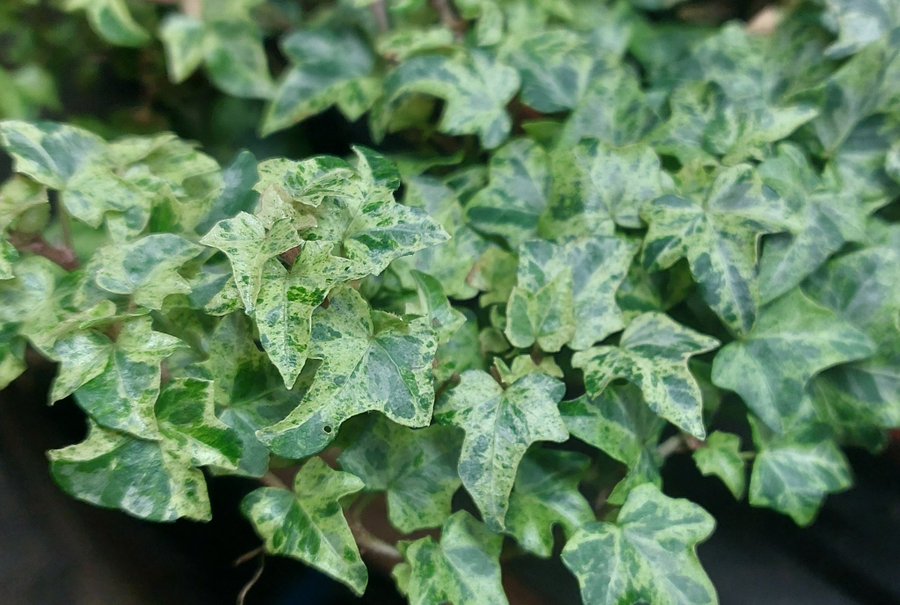English ivy, or known as common ivy, hedera helix, is an evergreen vine plant that has many uses. It is an excellent remedy for respiratory conditions and is widely used in Europe for centuries to treat cough in children and adults because it has anti-inflammatory and mucolytic effects. It is even used to fight cancer and prevent the spread of HIV. If you’re interested in the benefits of Hedera helix extract, you’ve come to the right place. Here, we’ll explain some of the more significant constituents of this plant.
Treat Respiratory Ailments
This herbal remedy has been used for respiratory diseases for centuries due to its good calming and soothing properties. Its leaf contains anti-inflammatory and antioxidant properties, that work by thinning the mucus in the lungs, reducing inflammation, and boosting airflow. Hedera helix can be consumed in the form of a leafy tea, syrup, or capsule. There are a number of clinical studies showed that ivy leaf extract had bronchospasmolytic and secretolytic effects. It is also widely accepted among health care providers. Its biological activity is primarily due to its triterpene saponins, chemical constituents that have b2-adrenergic effects including spasmolytic and bronchodilatory actions. Hederacoside C, the main compound in ivy leaf extract, is responsible for producing a-hederin in the body.
In a recent study, researchers found that ivy leaf extracts relieve cough symptoms in children. Further, the study indicated that herbal medicine containing ivy leaf dry extract can be an effective alternative to conventional therapeutic regimens. Researchers compared common ivy leaf extract with acetylcysteine (ACE) as a treatment for acute bronchitis in children. Their results indicated that the two treatments were equally effective in improving respiratory function. The researchers concluded that common ivy leaf extract has an excellent safety profile and a favorable risk-benefit ratio. One of the studies, published in the Journal of Alternative Medicine, evaluated ivy leaf extract EA 575(r) in children and adults with acute bronchitis.
In addition, hedera helix saponins have mucolytic, spasmodic, and bronchodilatory properties, and it supports the immune system by inhibiting the release of interleukin-6. The plant also increases epinephrine, which is essential for airflow in the lungs.
Reducing Arthritis and Pain
Research conducted on Hedera helix has shown that it can help alleviate symptoms of arthritis in animals. The extract has anti-inflammatory and antioxidant properties, inhibiting the release of interleukin-6, and has been shown to help with bone health and reduce joint inflammation. A study on mice used 75 ml of Hedera extract once daily for seven days. In this trial, the animals’ ESR values improved by 2.5 mm/h after treatment, indicating progress towards recovery and a reduction in inflammation.
Other Benefits
In addition to its medicinal uses, it also has antifungal and antioxidant properties. The extract contains polyphenols, which are plant compounds like flavonoids and saponins, which are also useful in the treatment of gastrointestinal disorders. Ivy extract is also added to lotions or ointments to reduce facial fine lines. Ivy stem extract can also promote cell regeneration and healing if the skin is burned or damaged by inflammation.
Hedera helix extract can be taken in tea or tincture form, and it can also be used as a topical lotion. The dosage of the ivy leaf should be consulted with a health care professional, as well as based on the age and health conditions of the patient. The dosage of English ivy varies from 300 to 800 milligrams a day, and it is taken for up to three weeks to relieve respiratory symptoms. The plant’s effectiveness depends on the amount of alcohol and other additives added. Although it has a high bioavailability, it may cause allergic reactions and skin irritation.
However, there are some serious risks associated with Hedera helix extract and should be banned from cosmetic products. For example, this plant contains a substance known as falcarinol that penetrates the skin at a rate of 2.5% (CoE 2006). While this isn’t dangerous, it is still worth considering, as its benefits are so numerous.
- Dandelion Extract: What It Is, Benefits, Uses and Side Effect - April 23, 2024
- Is Berberine Extract Help For Weight Loss? - April 11, 2024
- Why Is Pysllium Husk Powder A Popular Meal Replacement Ingredient? - April 3, 2024



